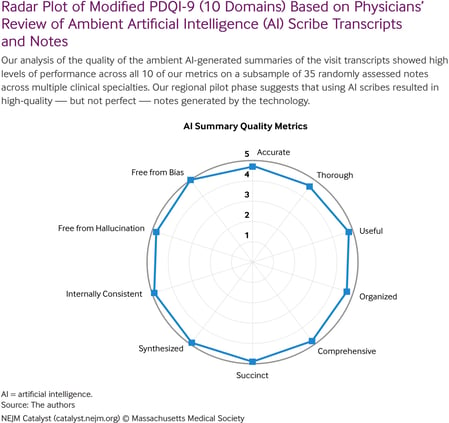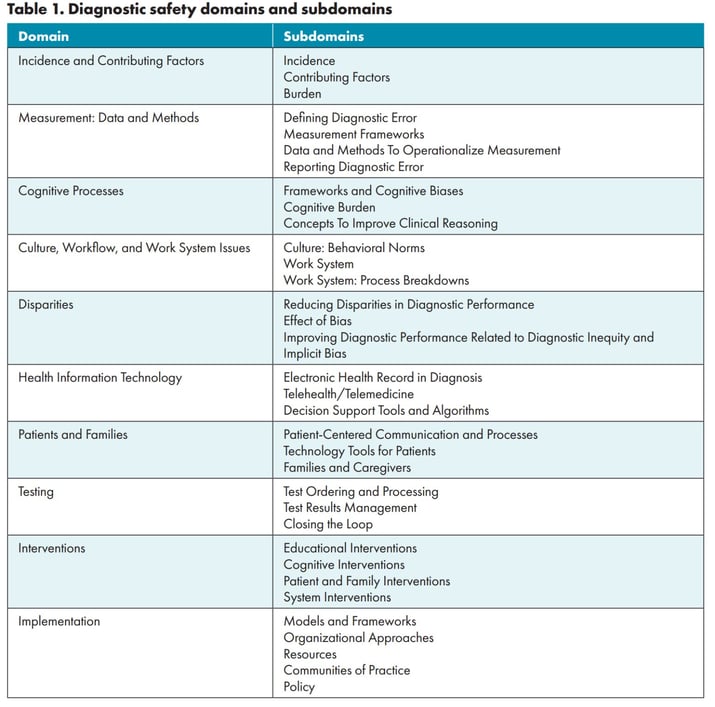🏥 Does Computerised Clinical Decision Support Prevent Medication Errors and Adverse Drug Events?
22nd February 2024
Kevin Sam
2 min read
Hiya 👋
We’re back with another edition of the digital pharmacist digest!
Here are this week's links that are worth your time.
Thanks for reading,
Kevin
👓 Currently Reading: Same as Ever: A Guide to What Never Changes by Morgan Housel
📖 What I'm reading
Computerized Clinical Decision Support To Prevent Medication Errors and Adverse Drug Events
💊📈 Patient Safety and 🩺💻 Health informatics
"Overall, computerized provider order entry with medication-related CDSSs were associated with reduced medication errors (moderate strength of evidence) and prevention of adverse drug events (low strength of evidence). Improved or targeted medication-related CDSSs were associated with reductions of medication errors and adverse drug events (moderate strength of evidence). However, alert override rates were high and varied between studies, and the appropriateness of the overrides was largely influenced by the type of alert. Other unintended consequences included CDSS-related errors, overdependence on alerts, alert fatigue, inappropriate alert overrides, and provider burnout...
Overall, CDSSs reduce medication errors and adverse drug events, with moderate- and low-certainty evidence, respectively. However, there were several unintended consequences of CDSS implementation and use."
Current State of Diagnostic Safety: Implications for Research, Practice, and Policy
💊📈 Patient Safety
"Diagnostic errors cause substantial patient harm. To inform the next steps for research, practice, and policy, we just published an AHRQ brief that summarizes the state of the science of diagnostic safety, identifies research gaps, and provides recommendations for future investments and research funding for diagnostic errors."
Ambient Artificial Intelligence Scribes to Alleviate the Burden of Clinical Documentation
🤖 Artificial Intelligence and 🩺💻 Health informatics
" The ambient AI technology uses machine learning to produce real-time transcripts of clinician–patient encounters to rapidly convert speech collected from microphones on clinicians’ TPMG-provided secure smartphones into text and apply natural language processing techniques to summarize key clinical content to reduce the burden of clerical documentation and initial editing required by clinicians."...
• Ambient artificial intelligence (AI) scribes show early promise in reducing clinicians’ burden, with a regional pilot noting a reduction in the amount of time spent constructing notes among users.
• Ambient AI scribes were found to be acceptable among clinicians and patients, largely improving the experience of both parties, with some physicians noting the transformational nature of the technology on their care.
Are you enjoying this digest? It would mean a lot if you'd consider forwarding it on to someone that you think would also appreciate it!
Stay up-to-date with the Digital Pharmacist Digest
Any comments provided are personal in nature and do not represent the views of any employer




